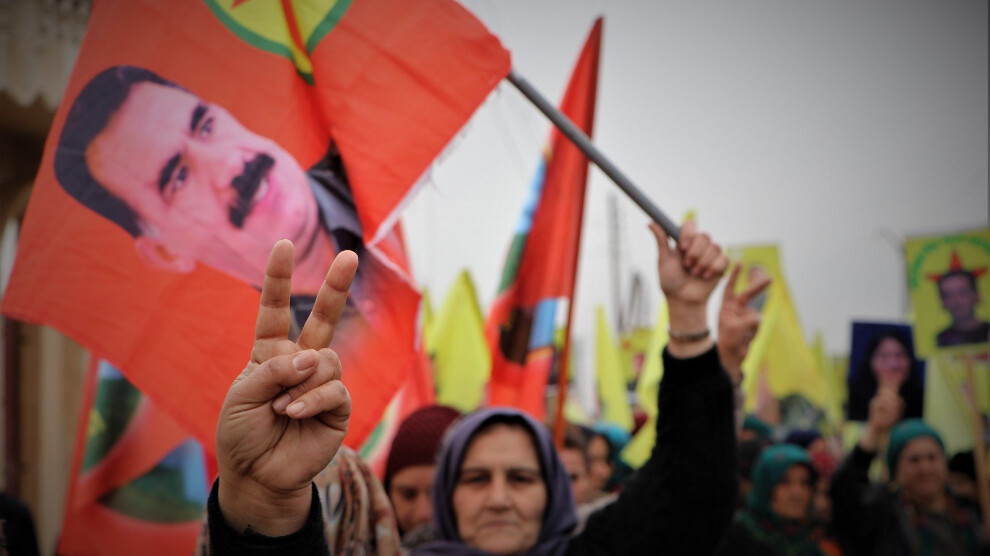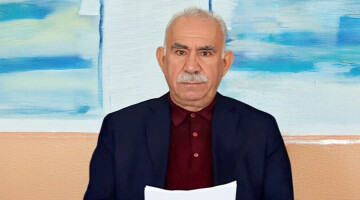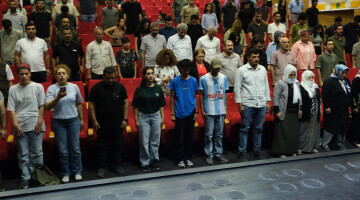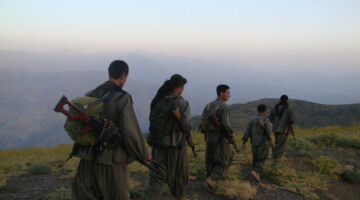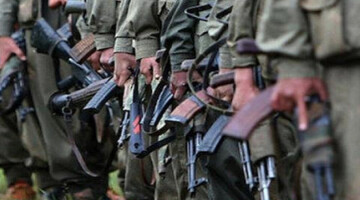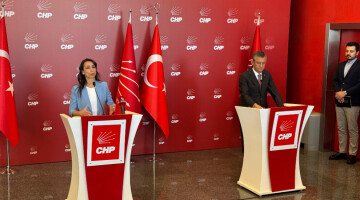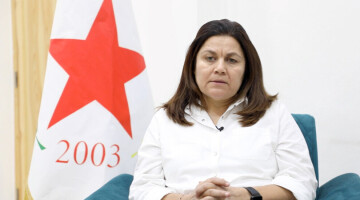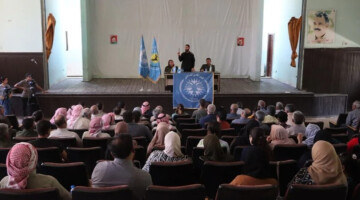Worldwide calls for the PKK (Kurdistan Workers’ Party) to be removed from the "terror list" persist.
Members of the Afrin Martyrs' Families Council demanded that the PKK be removed from the list of terrorist organizations. The relatives of the martyrs said that since its foundation, the PKK has embraced every segment of society and it has been working on humanitarian principles.
In an interview with ANHA, Asya Ebdo, a member of the Afrin Martyrs' Families Council, urged the international community to remove the PKK from its "terror list." Asya Ebdo emphasized that the PKK's work should be recognized by the general public.
Asya Ebdo stated that the PKK, which stands for oppressed people, works for the freedom of all peoples regardless of ethnic identity, and that the PKK also fights for the liberation of women.
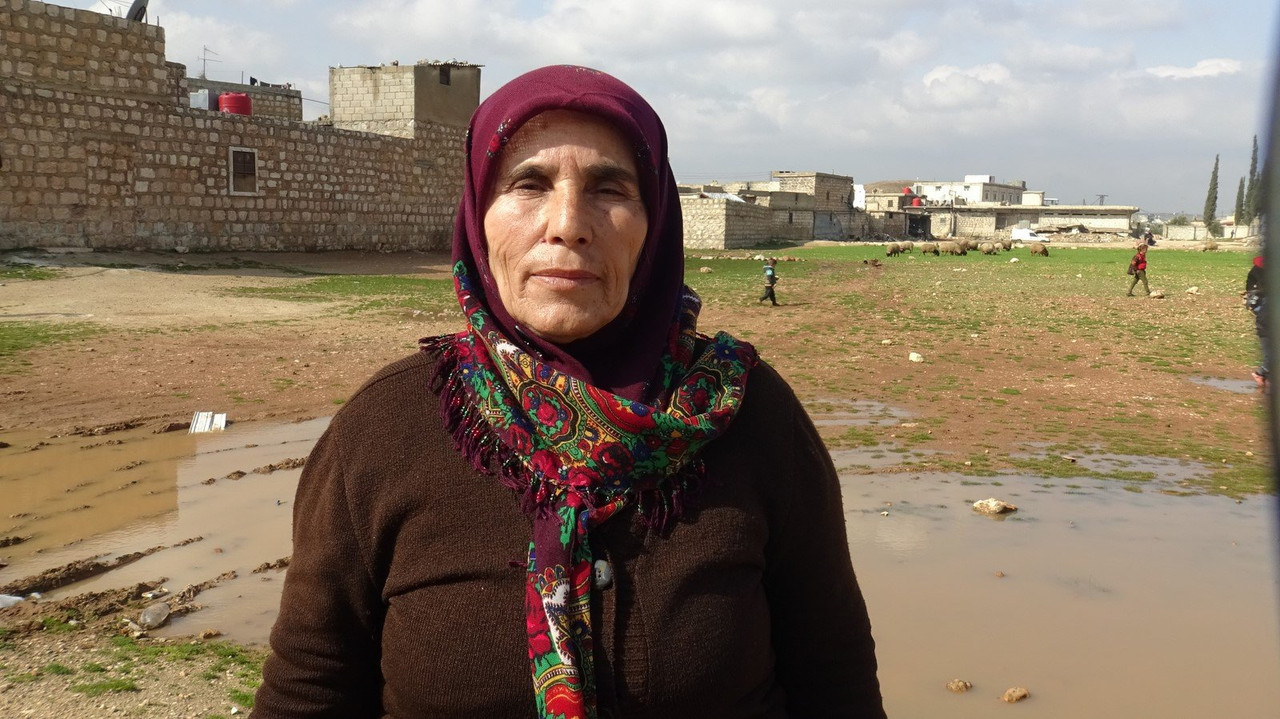
Hacir Miho, who appealed to peace activists, called for participation in the internationally-led campaign to remove the PKK from the "terror list."
Stressing that the PKK is a humanitarian movement, Hacir Miho said, “PKK has freed every community that was held captive. No one has the right to add them to the terrorist list."
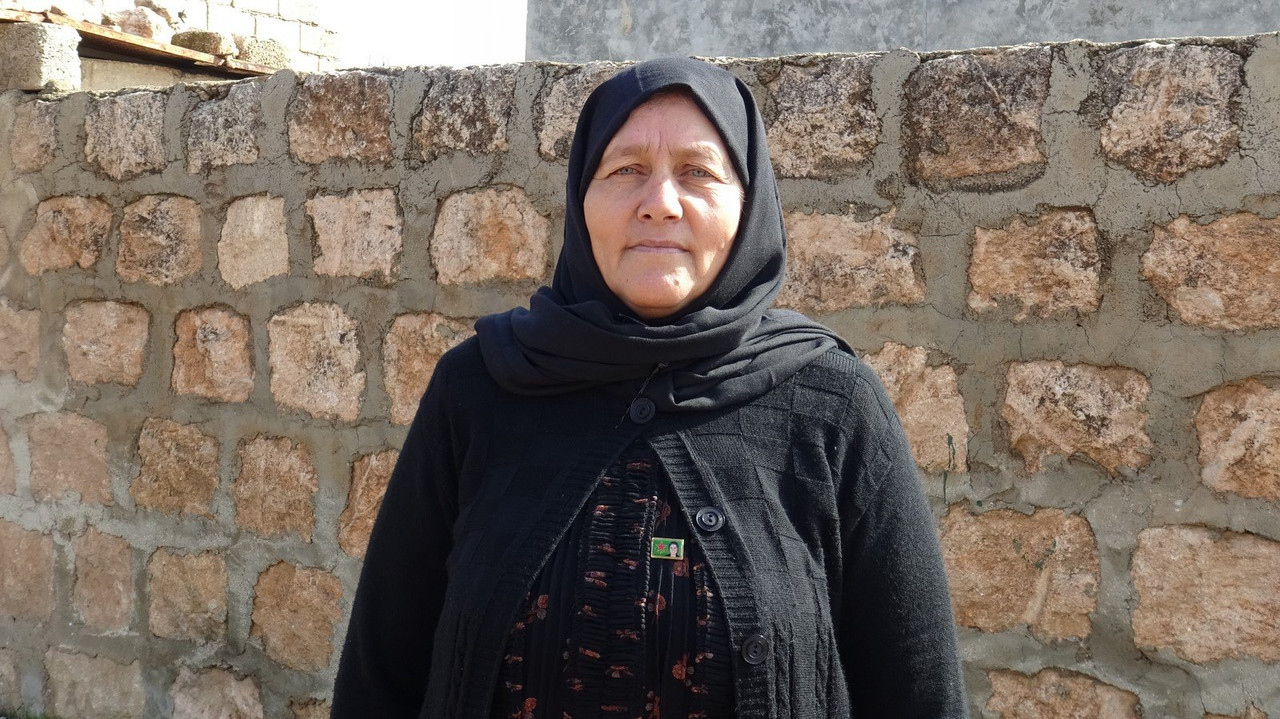
Hêvîn Elûş, a member of the Council, appealed to human rights organizations and demanded the removal of the PKK from the 'terror list.' Elûş emphasized that the PKK is not a "terrorist group," saying, "It is Erdoğan and his gangs who kill people and pillage citizens' homes, not the PKK."
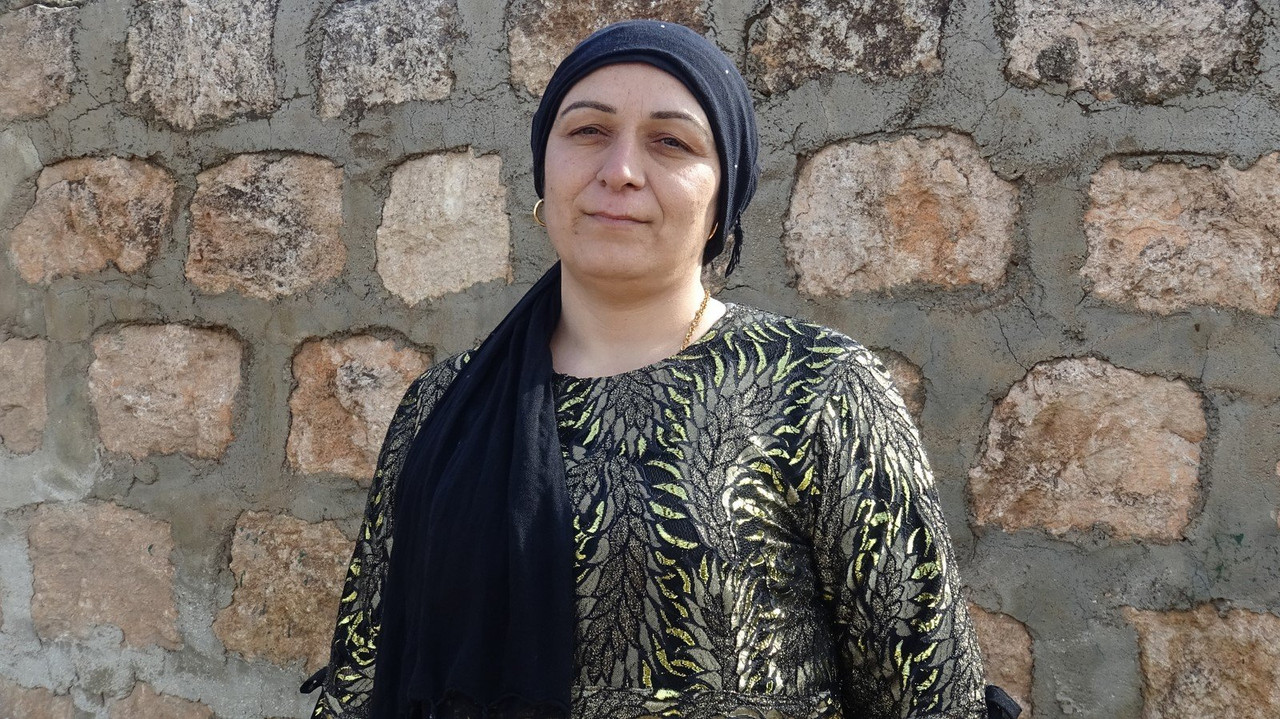
The internationally-led campaign was launched last November by the Justice for Kurds initiative and calls on the Council of the European Union "in the interest of peace, democracy and human rights" to remove the Kurdistan Workers' Party (PKK) from the EU terrorist list. In the campaign, the initiative highlights that the classification of the PKK as a terrorist organisation serves as a justification for attacks on Kurds and as a reason for war, and leads to "endemic inequalities being overlooked and social problems not being addressed". The peace initiative is supported by internationally known personalities from politics, civil law, art and culture, including Austrian writer Elfriede Jelinek, Afghan women's rights activist Selay Ghaffar, German international law expert Norman Paech and Slovenian philosopher Slavoj Zizek.

